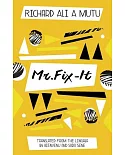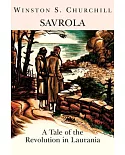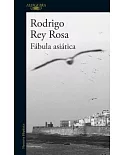The seven stories that compose Regrowth (Vidervuks) might shock readers familiar with accounts of the Holocaust marked by mournful and sentimental overtones. Although the outcome is often
terrible, Der Nister’s characters refuse to accept the role of victim. Likewise, the monstrosity of the perpetrators is not at issue: the Nazis may be abominable, but they do not warrant
attention for longer than a savage animal would. Der Nister is drawn to parties capable of moral decision—and their dilemmas often feature an opponent that is inside one’s own people,
inside oneself. “Flora,” for example, follows a father and daughter through the Nazi invasion and later Soviet occupation of a Polish-Jewish city.





















